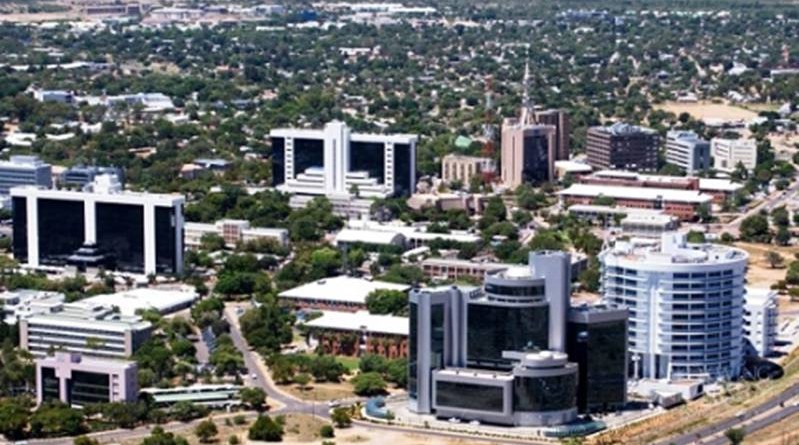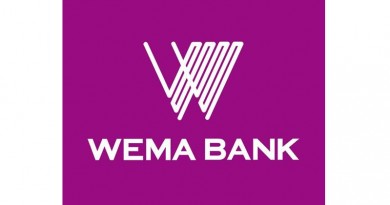Business trends shaping Africa in 2019 – World Bank
The progress of Africa’s economy over the last decade has been remarkable. In 2018, six African nations – Ethiopia, Ghana, Tanzania, Senegal, Ivory Coast and Djibouti – feature in the fastest-growing economies in the world.
The World Bank estimates economic growth in the Sub-Saharan regions to bulk out to a 3.6 percent average in 2019-20.
Global management consultants, McKinsey & Company report the region is showing the same signs as China before its explosive growth. Rapid urbanization and business-friendly reforms are helping to fuel economic growth.
With consumer spending expected to hit $25 trillion by 2025, Africa’s emerging markets present excellent opportunities for international trade, mergers and acquisitions.
There is certainly cause for optimism and as key industries drive economic growth, create more jobs and reduce poverty. African nations can look forward to improved infrastructure, better housing and a higher standard of living.
African Agriculture
Agriculture is powering the economic transformation across the Sub-Saharan continent. The United Nations forecast Africa’s thriving agribusiness will be worth $1 trillion by 2030.
Africa’s capacity to be a global powerhouse for agriculture is long overdue. The continent boasts 60 per cent of the world’s unused arable land and a favourable climate for growing fruit, vegetables and grain.
With the introduction of new technologies and “crowd farming” business models, landowners have the means to upgrade slow and outdated farming methods and produce bigger yields.
The growth in agribusiness with create a surge of jobs within the supply chain and subsequently help to pull thousands out of poverty and starvation.
Relaxed Borders
The Continental Free Trade Area (CFTA) will make import and export easier throughout Africa. To date, 44 countries have signed up to allow the free movement of trade and more are expected to join.
It is anticipated that the free flow of goods from Cairo to Cape Town will help to maintain economic growth and promote the impetus to develop cross-border infrastructures thus further expanding Africa’s emerging markets.
Focus on Manufacturing
Africa’s revitalized manufacturing industry has aided the emergence of a growing middle-class and created 14 million jobs. The manufacturing industry is expected to scale-up exports and double to $1 trillion by 2025.
As a result, commodities will be more affordable to a wider group of consumers and enable governments to further diversify economies and develop long-term resilience.
Affordable Housing
As the demand for jobs emerges in cities, more people are moving to urban areas which has increased the demand for accommodation.
To date, the majority of Africa’s housing development has been focused on premium segments and the growing middle-classes.
Authorities are now having to refocus their attention and provide housing for workers with limited capital arriving from rural areas. The latest innovations include converted shipping containers to significantly cut the cost of building homes.
Automotive Africa
The mass migration of people moving to cities and the growth of internet shopping has created a growing demand for transportation.
With household brands including Mercedes, Volkswagen and Toyota setting up assembly plants across the continent, the number of vehicle sales is projected to surpass 10 million units per annum in the next 15 years.
Fintech
Africa’s financial services are largely underdeveloped. Only 34% of African populations own bank accounts or have access to formal financial services.
Subsequently, access to financial products is slow and inflexible. However, the spread of internet connectivity is helping to provide financial access that bypasses typical obstacles.
Africa’s emerging fintech industry is powered by groups of entrepreneurs that provide innovative solutions to help businesses issue bills, create bulk disbursements, manage merchant payments and many other financial transactions that banks do not offer.
The future looks bright for Africa. As economies continue, there will be more scope to improve transportation networks, roads and housing. This will create more opportunities for entrepreneurs and skilled workers in key industries and raise living standards across the continent.




